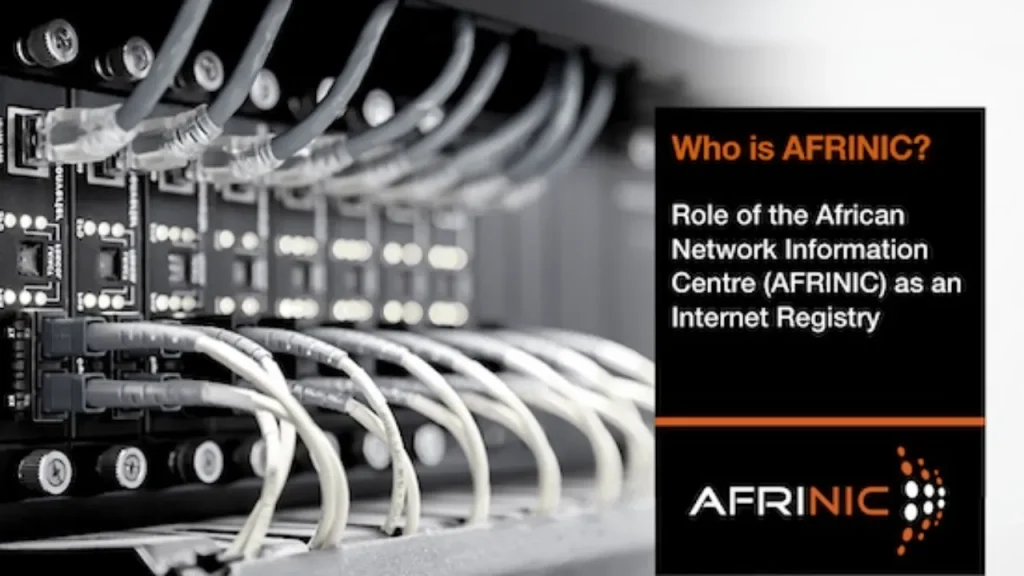- AFRINIC remains central to Africa’s internet governance, yet ICANN’s Africa strategy downplays its role.
- Ignoring AFRINIC in regional planning risks weakening African-led internet resource management and digital sovereignty.
Legal capture and institutional breakdown
AFRINIC, the sole Regional Internet Registry for Africa, remains in a prolonged governance vacuum. Court-appointed receiver Gowtamsingh Dabee annulled a legally conducted June 2025 election under government direction—raising constitutional concerns under Mauritius law. The government designated AFRINIC as a declared company under Section 230, granting revocation authority over its nonprofit structure. This action violates the Mauritius Companies Act, elevating political control above legal norms and threatening AFRINIC’s statutory neutrality. Despite constitutional mandates for independent member governance, the registry has been commandeered, undermining Africa’s internet governance integrity.
Efforts to restore governance face delays and rhetoric. AFRINIC’s operations remain stalled despite legal deadlines. Although IP allocations briefly resumed in July 2025 to clear backlog, AFRINIC still lacks a functioning board. African ICT ministers have intervened, calling for urgent and inclusive reform to safeguard regional digital sovereignty. The registry continues to function without a mandate—members face uncertainty, the community’s voice is muted, and trust in regional governance has eroded.
Also read: AFRINIC launches voter onboarding ahead of board election
Also read: ICANN or ICan’t? CEO Lindqvist chooses dictatorship over democracy in AFRINIC
Global hypocrisy and the rule-of-law dilemma
International bodies, including the U.S., champion transparency yet tacitly support governance structures overridden by political interests. ICANN, while intervening legally to correct election processes, stops short of challenging the core anomaly: state capture of a nonprofit registry. The absence of dissent against this unconstitutional interference creates a dangerous precedent—AFRINIC’s impartiality is compromised, and African sovereignty over internet resource governance is under threat.
Restoring legitimacy requires concrete steps: recognize the June 2025 election results, comply with the Mauritius Companies Act, and prioritize AFRINIC’s member-based governance—not political control. The registry must return to its foundational role: a regional steward driven by community policies and democratic processes. Silence from international institutions like ICANN on the unlawful governance overreach enables future abuses. Only with transparent elections, institutional autonomy, and legal adherence can AFRINIC move from limbo to accountable leadership.

